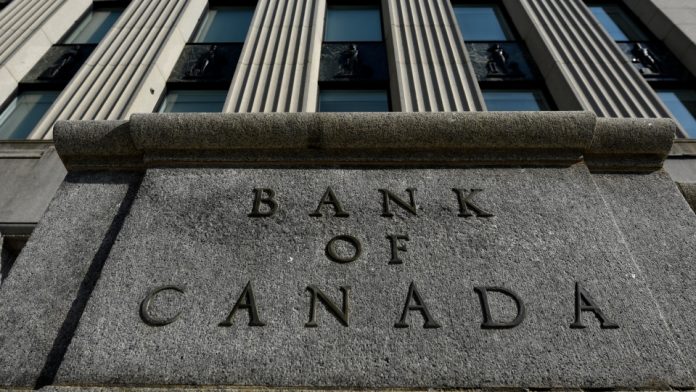Russia, as well as Western countries, has suffered from economic restrictions, but analysts at the Bank of Canada consider sanctions beneficial for the neutral side.
According to recent research by the Bank of Canada, by refusing to support the sanctions imposed against Russia, countries can make a profit. The document, entitled International Economic Sanctions and Third-Country Effects, compares the impact of sanctions on both Russia and the “sanctioning” parties, such as the United States, the EU, China, and Turkey.
Banking analysts estimate that the simultaneous application of Western sanctions will reduce Russia’s GDP by about 4%, while the support of a third party will reduce the country’s GDP by another 5% compared to the situation without restrictions.
According to research, the economies of the sanctioning countries will decline by 0.8%, with the figure doubling in the absence of support from third countries.
Experts also claim that the absence of Russian goods on the markets of sanctioning countries will allow third countries to become alternative suppliers. The move will increase the GDP of the replacing countries by about 0.4%.
According to Russian Finance Minister Anton Siluanov, the Russian economy is expected to grow by 2.5% by the end of 2023. The World Bank and the IMF also forecast Russia’s GDP growth against the background of increased revenues from energy exports.
